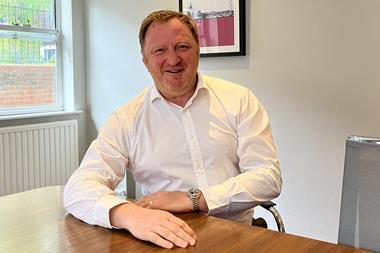Recent salary surveys are predicting large hikes for consultants due to pent-up demand during the pandemic.

The question is: how will the forecast cost inflation affect development costs, and will employers need or be willing to meet these high salary expectations? Furthermore, if they do, will that be passed on to clients?
There is a perfect storm brewing of skills shortages and increasing demand. While skills shortages are not a new problem for the industry, the issue is likely to get worse due to Brexit. Salaries will need to increase to attract and retain talent, but consultancies will look to offset these rises by finding innovative ways of working and reducing overheads, rather than passing costs on in full to clients.
Unlike during previous downturns, there have not been dramatic fee reductions to fill pipelines. Although some sectors have become more competitive, there has been a definite trend away from the ‘race to the bottom’. This has been led by the public sector and consideration of other types of value, in addition to the lowest cost. The Construction Playbook is encouraging longer-term contracting and partnerships, allowing for investment and, ultimately, better project outcomes.
As a consequence of the pandemic, wellbeing has increasingly been placed higher on the agenda than ever before. Previously, some firms may have tried to make staff work harder to justify salary increases; however, times have changed, and organisations have realised that they can only work people so hard – particularly now in an employee-driven market. This is leading to investment in digital technologies and tools to make processes more efficient, with companies also reviewing overheads in a bid to cut costs elsewhere, allowing them to meet salary expectations.
Post pandemic, government intervention is needed to support the industry with its skills challenges, particularly as economic recovery will be underpinned by ‘building back better’. The promotion of apprenticeships to attract new entrants to the industry will help, but there are concerns that certain policies, such as changes to IR35 and immigration salary thresholds, will make the problem even greater in the short term.
Richard Steer is chairman of Gleeds Worldwide



























![Rob J Headshot[14]](https://d2bq2usf2vwncx.cloudfront.net/Pictures/380x253/8/5/5/1884855_robjheadshot14_607979_crop.jpg)


No comments yet